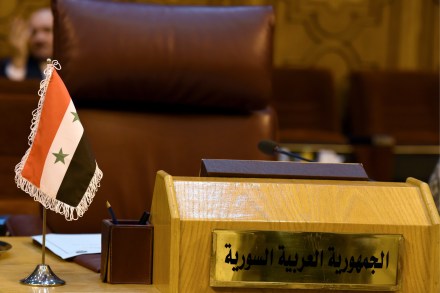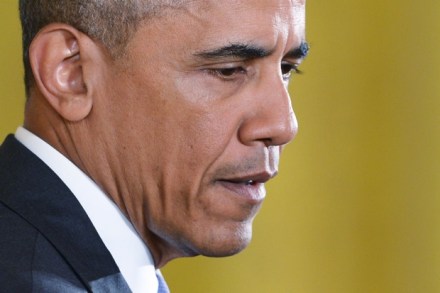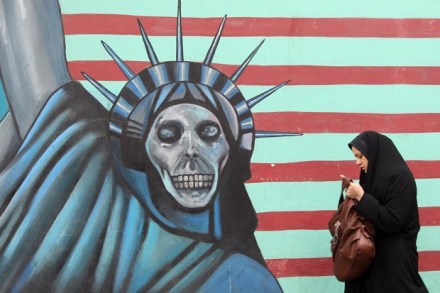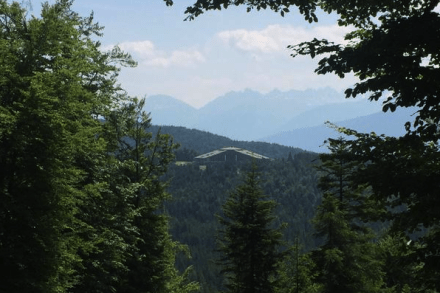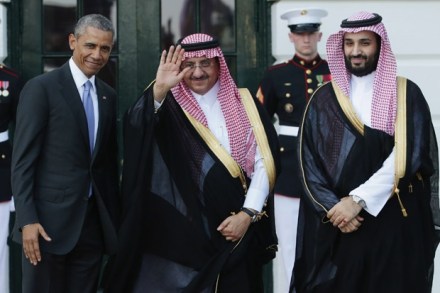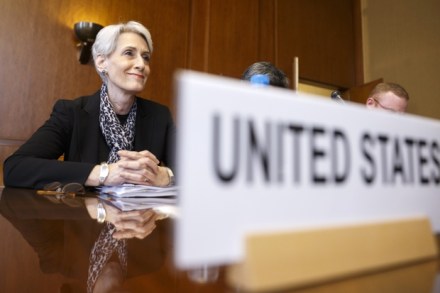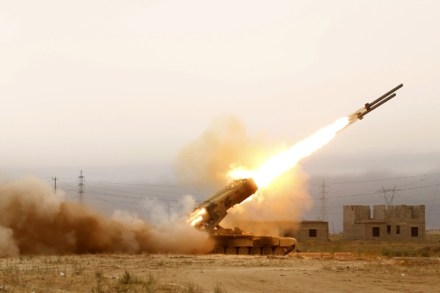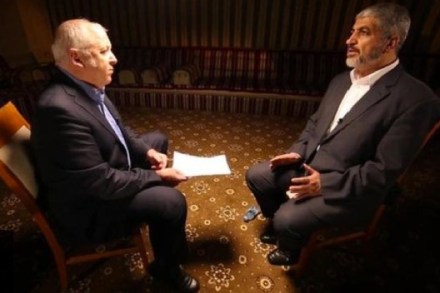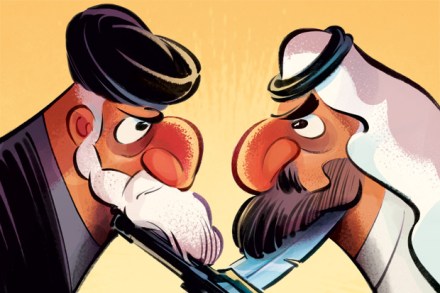Now we know where the celebrated ‘Ummah’ is
Earlier this week I asked where the celebrated ‘Ummah’ is when it comes to Muslim refugees. I think we now have an answer. Here is a video of one Kuwaiti official’s response to the question of why none of the Gulf countries seem willing to take any Syrian refugees. ‘Kuwait and the other Gulf Cooperation Council countries are too valuable to accept any refugees. Our countries are only fit for workers. It’s too costly to accept them here. Kuwait is too expensive for them anyway. As opposed to Lebanon and Turkey which are cheap. They are better suited for the Syrian refugees. ‘In the end it is not right for


